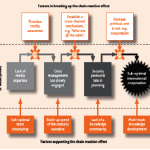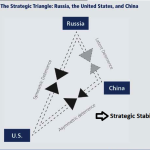Daily Report Archives
Established in December 1993, the Nautilus Institute’s *N*ortheast *A*sia *P*eace and *S*ecurity *N*etwork (NAPSNet) Daily Report served thousands of readers in more than forty countries, including policy makers, diplomats, aid organizations, scholars, donors, activists, students, and journalists.
The NAPSNet Daily Report aimed to serve a community of practitioners engaged in solving the complex security and sustainability issues in the region, especially those posed by the DPRK’s nuclear weapons program and the threat of nuclear war in the region. It was distributed by email rom 1993-1997, and went on-line in December 1997, which is when the archive on this site begins. The format at that time can be seen here.
However, for multiple reasons—the rise of instantaneous news services, the evolution of the North Korea and nuclear issues, the increasing demand for specialized and synthetic analysis of these and related issues, and the decline in donor support for NAPSNet—the Institute stopped producing the Daily Report news summary service as of December 17, 2010.
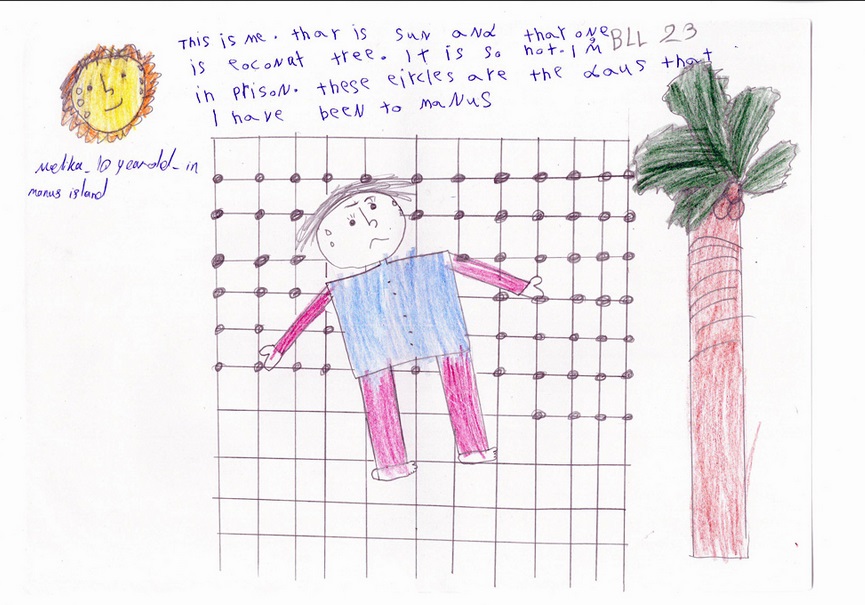
Richard Tanter writes that policy competition between the Labor government and conservative opposition to “stop the boats” bringing asylum seekers to Australia by ship is producing strategically dangerous outcomes. Both government and opposition are now committed to isolating all asylum seekers arriving in Australia by boat in Papua-New Guinea, in cluding successful applicants for asylum. It is hard, Tanter concludes, “to think of anything else an Australian government could do in a single policy move more likely to undermine the already limited chances of sustainable peace in Papua-New Guinea.”
Richard Tanter is a Nautilus Institute Associate and Professor in the School of Political and Social Studies at the University of Melbourne.
Go to the article
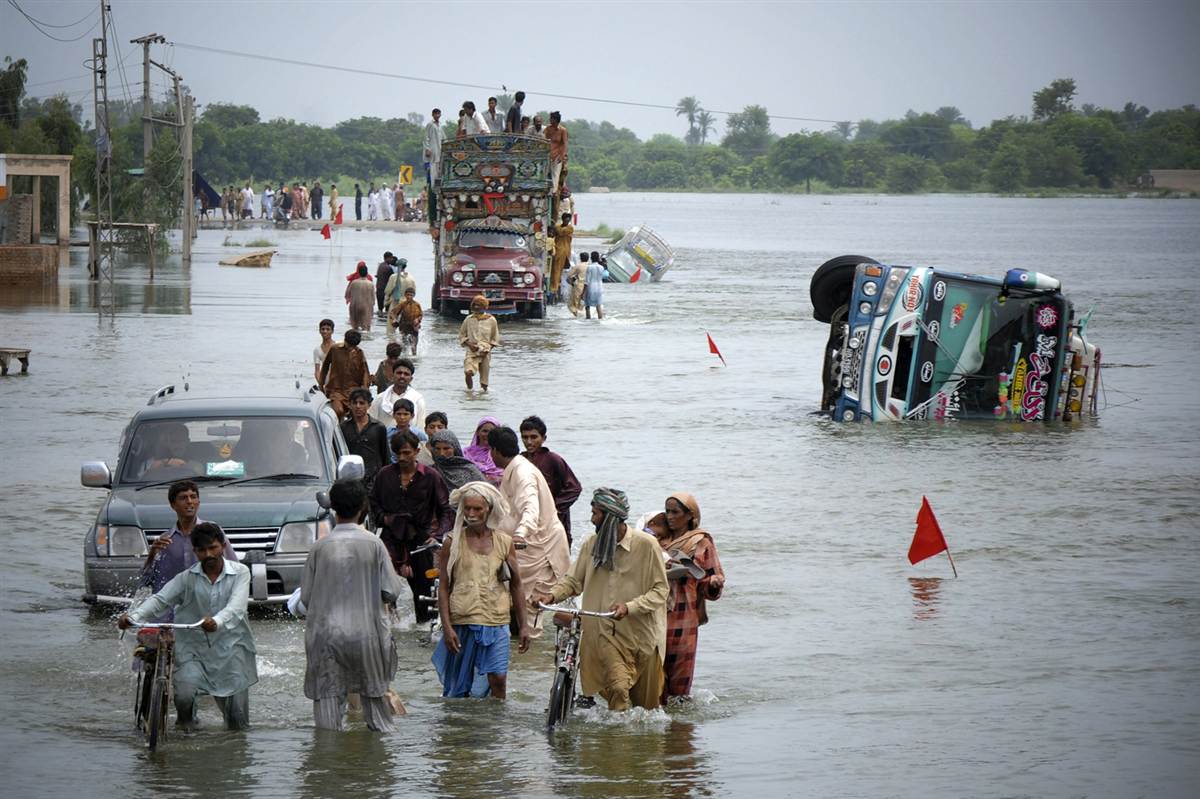
Saleem Janjua writes that “increasing the capability to adapt at the local government level in Pakistan will definitely lessen susceptibility to the effects of climate change at provincial and federal levels. Hence, in Pakistan, we must begin planning our adaptive reactions now at grass-root level to help lessen some of the environmental, economic and social impacts of climate change.”
Saleem Janjua is the Climate Change Adpation contributor to the NAPSNet Weekly Report, and the Editor of AdaptNet.
Go to the article

This is the second in a three part series of articles from Professor Zhang Tuosheng of the China Foundation fo…
Go to the article
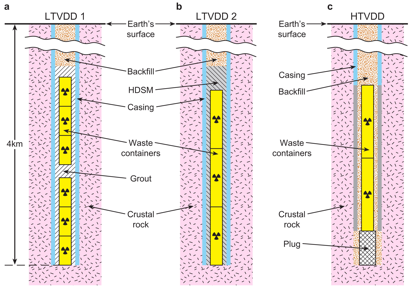
This report by Neil Chapman “provides a review of the status of international research and policy on the use of very deep boreholes (several kilometres in depth) for the disposal of radioactive wastes.” While reviewing numerous studies on deep borehole disposal of spent fuel, HLW and other radioactive wastes, Chapman finds that “a key gap continues to be a comprehensive operational and post-closure safety assessment of DBD.” He also finds that “the lack of full-scale trials of certain aspects of the technology (not necessarily at envisaged disposal depths) is holding up further development.”
Professor Neil Chapman is a senior scientist with 35 years’ experience in the scientific and strategic aspects of deep and shallow disposal of radioactive wastes, including provision of advice at the highest level to industrial and governmental organisations.
Go to the article
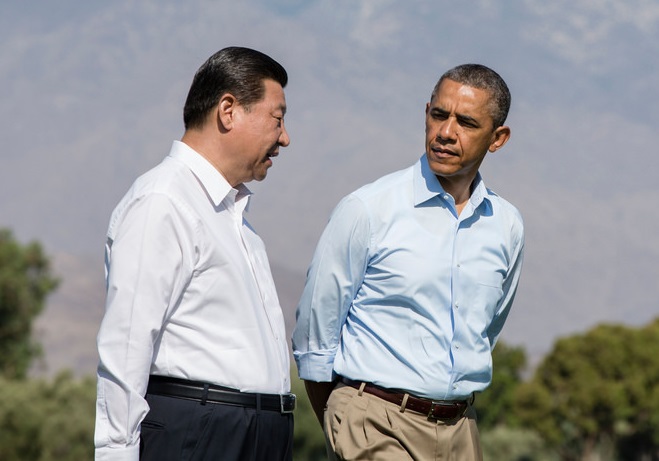
[IN CHINESE] Zhang Tuosheng discusses China’s national interests, especially China’s core interests as articul…
Go to the article

While contrasting the outcomes of two separate natural weather events in a rich and a poor country, namely the US and India, Nikhil Desai writes that “the poor suffer the climate whether or not it changes, whether the change is natural or anthropogenic, and whether or not their or anybody else’s greenhouse gas emissions are reduced or constrained. The rich countries – and the rich among the poor countries – enjoy a physical and service infrastructure, and insurance protections, that sharply limits their physical vulnerability to climate….It is not necessary to “combat global warming”; the first business at hand is to curb climate vulnerabilities.”
Nikhil Desai is the Energy Security contributor for the NAPSNet Weekly report.
Go to the article
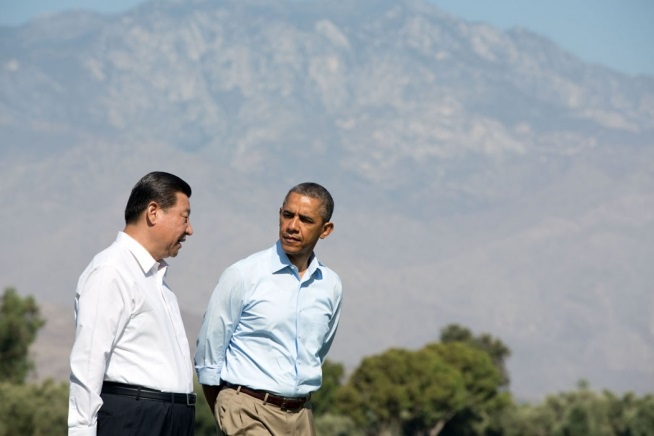
Chinese language post In this Policy Forum, Chen Jimin, rhetorically asks, “how should we understand Si…
Go to the article

In this Policy Forum Roger Cavazos explores the definition of ‘denuclearization’. He writes “Denuclearization …
Go to the article






